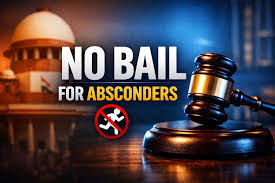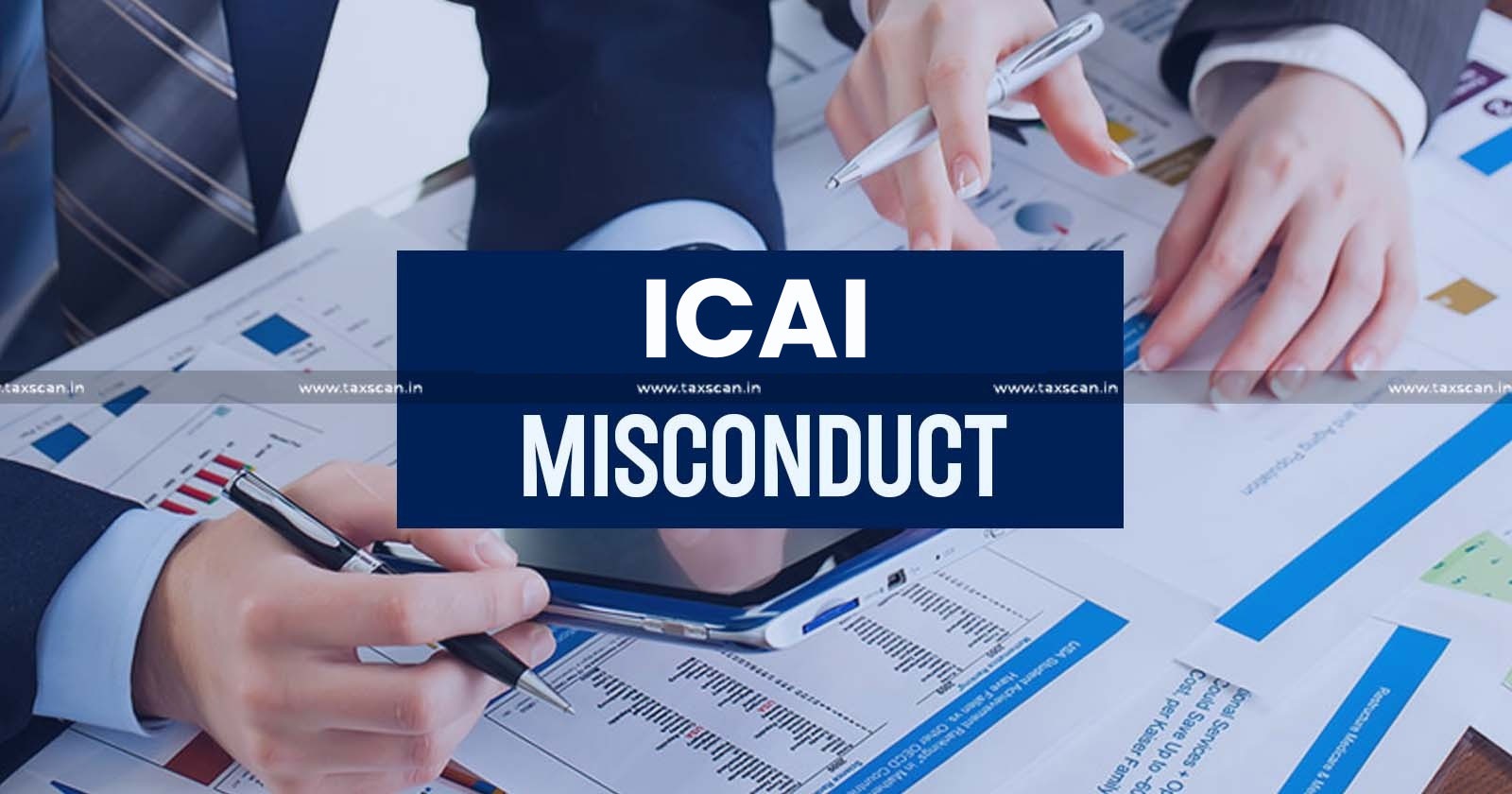1. PRESENT revision petition has been filed challenging the order dated 4th March, 2009 passed by State Consumer Disputes Redressal Commission, Maharashtra (in short, SCDRC) vide which application filed by the petitioner seeking condonation of delay of 289 days was dismissed.
2. IN application for condonation of delay, it is stated that petitioner being aggrieved by judgment dated 20th December, 2007 passed by District Consumer Redressal Forum preferred an appeal before SCDRC on 3rd July, 2008. Vide impugned order, appeal of the petitioner was dismissed on 4th March, 2009. Petitioner being a patient of slipped Disc could not file the appeal within prescribed period.
It is contended by learned counsel for the petitioner that petitioner is a patient of slipped disc and had been operated upon and as such could not walk properly nor he could sit or stand continuously. Petitioner in support of the application for condonation of delay has also placed on record copy of medical reports.
Main cause for seeking condonation of delay as per application reads as under: -
I say that I am a patient of Slipped Disc and have been operated and due to that I cannot walk properly neither I can sit or stand continuously. I say that due to sickness and pain due to operation of slipped disc, I was prevented from engaging the services of an Advocate. I say that because of my severed illness I was prevented from preferring an appeal in time. I say that there is a delay of 289 days in filing this appeal. Hereto annexed and marked Exhibit-A is the copy of my Medical Reports.
3. IT is well settled that sufficient cause for non appearance in each case, is a question of fact. Delhi High Court in New Bank of India Vs. M/s Marvels (India): 93 (2001) DLT 558, held;
No doubt the words sufficient cause should receive liberal construction so as to advance substantial justice. However, when it is found that the applicants were most negligent in defending the case and their non-action and want of bonafide are clearly imputable, the Court would not help such a party. After all sufficient cause is an elastic expression for which no hard and fast guide-lines can be given and Court has to decide on the facts of each case as to whether the defendant who has suffered ex-parte decree has been able to satisfactorily show sufficient cause for non appearance and in examining this aspect cumulative effect of all the relevant factors is to be seen.
In Ram Lal and Ors. Vs. Rewa Coalfields Ltd., AIR 1962 Supreme Court 361, it has been observed;
It is, however, necessary to emphasise that even after sufficient cause has been shown a party is not entitled to the condonation of delay in question as a matter of right. The proof of a sufficient cause is a discretionary jurisdiction vested in the Court by S.5. If sufficient cause is not proved nothing further has to be done; the application for condonation has to be dismissed on that ground alone. If sufficient cause is shown then the Court has to enquire whether in its discretion it should condone the delay. This aspect of the matter naturally introduces the consideration of all relevant facts and it is at this stage that diligence of the party or its bona fides may fall for consideration; but the scope of the enquiry while exercising the discretionary power after sufficient cause is shown would naturally be limited only to such facts as the Court may regard as relevant.
4. SIMILARLY, in Oriental Insurance Co. Ltd. vs. Kailash Devi & Ors. AIR 1994 Punjab and Haryana 45, it has been laid down that;
There is no denying the fact that the expression sufficient cause should normally be construed liberally so as to advance substantial justice but that would be in a case where no negligence or inaction or want of bona fide is imputable to the applicant. The discretion to condone the delay is to be exercised judicially i.e. one of is not to be swayed by sympathy or benevolence.
In R.B. Ramlingam Vs. R.B. Bhavaneshwari, 2009 (2) Scale 108, it has been observed:
We hold that in each and every case the Court has to examine whether delay in filing the special appeal leave petitions stands properly explained. This is the basic test which needs to be applied. The true guide is whether the petitioner has acted with reasonable diligence in the prosecution of his appeal/petition.
In the present case, all the medical reports pertain to the year 2003. There is nothing on record to show that either in 2008 or even in 2009, petitioner was suffering from any ailment. Thus, the medical documents filed for the period 2003, are not at all relevant to the facts of the present case.
5. PETITIONER has simply made vague averments in application for condonation of delay. No cogent reason has been mentioned in the application for condonation of delay nor any sufficient cause for delay has been shown.
6. ACCORDINGLY, application for condonation of delay is hereby dismissed.
Consequently, present revision petition is also not maintainable, since it is barred by period of limitation and the same is hereby dismissed.

